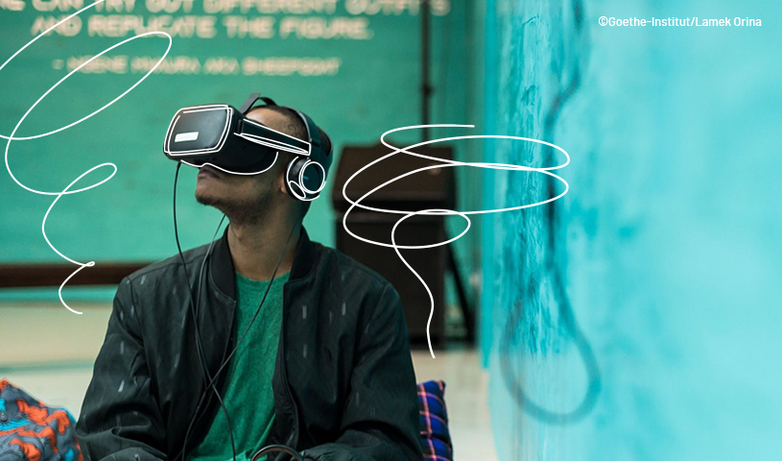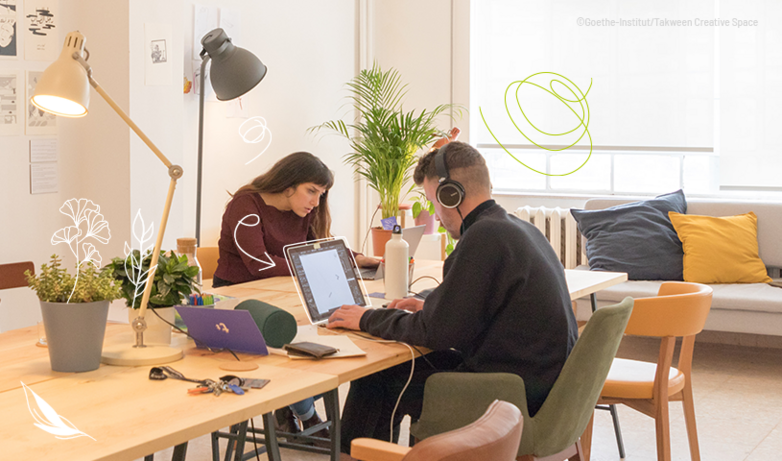Cultural and creative industries as a driver of employment – support for women in a future-oriented sector
Cultural and creative industries
-
Commissioning Party
German Federal Ministry for Economic Cooperation and Development (BMZ)
-
-
Overall term
2020 to 2024
-
Other Stakeholders
-
Products and expertise
Economic development and employment

Context
Whether it is music from Senegal, animated films from South Africa or Jordanian design – the work and products of creative people play a part in the economy, drive innovation and provide a mouthpiece on important social issues such as women’s rights, social injustice, discrimination and climate change.
Internationally, cultural and creative industries rank among the four sectors of the economy with the highest employment of women. In total, this sector employs nearly 50 million people worldwide – three times as many as the global automotive industry. According to forecasts, the economic impact is also expected to triple by 2030, by which time it will account for ten per cent of global GDP.
Although the cultural and creative industries have enormous social and economic potential, this often remains untapped. There is a lack of government support, needs-based training, strong advocacy groups, appropriate funding and market access for creative professionals. Structural challenges include low wages, a lack of social protection, little copyright protection and insufficient diversity in managerial positions.

Objective
Cultural and creative professionals, particularly women, have better income and employment prospects.
Approach
In disciplines such as music, fashion, design and animation, the project is working with the Goethe-Institut to promote cultural and creative industries in Kenya, Senegal, South Africa, Jordan, Lebanon and Iraq. Creative professionals, particularly women, are provided with training on topics such as entrepreneurship and digital literacy.
The project supports organisations such as industry associations, representational groups, cultural centres, festivals and networks to develop a better range of services. It also helps creative entrepreneurs to access funding and sales markets and protect their copyrights. Cross-border project activities, including participation at international conferences, festivals and trade fairs, support networking and knowledge transfer between creative professionals.

Last update: March 2023





